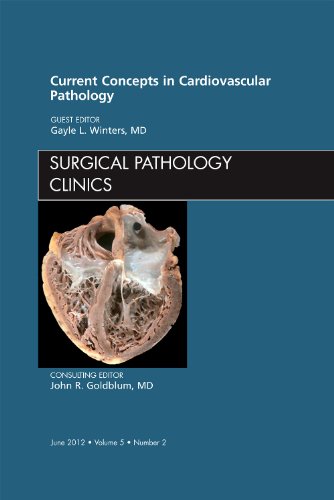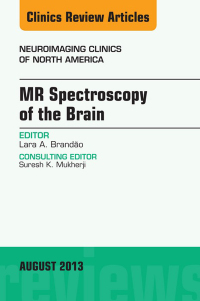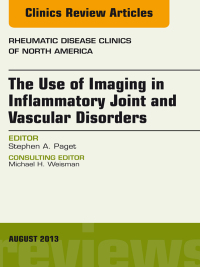-77%
Exploring the Intricacies of Breast Cancer Management
This comprehensive article delves into the multifaceted aspects of breast cancer diagnosis, treatment, and management. The following topics are thoroughly examined to provide a comprehensive understanding of this complex disease:
Current Radiation Therapies for DCIS (Ductal Carcinoma In Situ)
This section explores the latest advancements in radiation therapy techniques for DCIS, a non-invasive form of breast cancer. It discusses the efficacy, precision, and potential side effects of various radiation modalities employed to effectively eradicate cancerous cells.
Axillary Dissection: Evolving Techniques and Surgical Precision
Axillary dissection remains a crucial procedure in breast cancer management. This article analyzes the surgical techniques used for axillary lymph node evaluation, including sentinel node biopsy and complete axillary dissection. It discusses the advantages, disadvantages, and long-term implications of each approach.
Pathology in the Era of Personalized Breast Cancer Treatment
The article emphasizes the pivotal role of pathology in the era of personalized breast cancer treatment. It explores the molecular diagnostic techniques used to classify cancer subtypes, enabling tailored treatment decisions based on genetic profiling. The implications of these advancements for patient outcomes are also discussed.
Molecular Diagnostics: Unveiling Breast Cancer Subsets and Clinical Implications
This section delves into the significance of molecular diagnostics in identifying distinct breast cancer subsets. It examines the molecular markers associated with different subtypes and how these markers guide treatment strategies. The article discusses the clinical implications of these findings, highlighting the potential for improved patient prognosis and survival.
Managing Central Nervous System Metastases in Breast Cancer: Challenges and Advances
Central nervous system (CNS) metastases are a potential complication of breast cancer, posing unique challenges. This article reviews the current treatment options for CNS metastases, including surgical resection, radiation therapy, and targeted systemic therapies. It explores the challenges associated with treating CNS metastases and discusses the latest advancements in management strategies.
Endocrine Therapy for Advanced Breast Cancer: Harnessing Hormonal Mechanisms
For hormone-receptor-positive breast cancer, endocrine therapy plays a central role in advanced disease management. This section examines the mechanisms of action and clinical applications of endocrine therapies, including aromatase inhibitors, selective estrogen receptor modulators (SERMs), and luteinizing hormone-releasing hormone (LHRH) agonists. It discusses the potential benefits and limitations of these therapies and their role in prolonging survival.
Targeting the PI3K Pathway in Breast Cancer: Novel Therapeutic Strategies
The phosphatidylinositol 3-kinase (PI3K) pathway is a key regulator of cell growth and survival, making it a promising target for breast cancer treatment. This article explores the development and clinical applications of PI3K inhibitors, focusing on their mechanism of action, efficacy, and toxicity profiles. It discusses the potential of PI3K inhibitors to improve treatment outcomes and overcome resistance to conventional therapies.
Treating the Older Breast Cancer Patient: Considerations and Challenges
Aging patients with breast cancer present unique challenges due to age-related physiological changes and comorbidities. This section addresses the specific considerations in treating older breast cancer patients, including the balance between aggressive treatment and preservation of quality of life. It discusses the importance of individualized treatment plans, geriatric assessment, and supportive care.
Adjuvant Chemotherapy in the Era of Targeted Treatment: Re-evaluating Role and Efficacy
The role of adjuvant chemotherapy in breast cancer has evolved with the advent of targeted therapies. This article examines the current practices in adjuvant chemotherapy, including patient selection, choice of regimens, and duration of treatment. It discusses the potential benefits and limitations of chemotherapy in combination with targeted therapies, emphasizing the importance of precision medicine.
Novel Radiotherapy Approaches for Early Breast Cancer: Advancing Radiation Techniques
Technological advancements have led to the development of novel radiotherapy approaches for early breast cancer. This section describes the principles and clinical applications of techniques such as intensity-modulated radiation therapy (IMRT), intraoperative radiation therapy (IORT), and proton beam therapy. It discusses the potential advantages of these approaches in reducing treatment-related side effects and improving cosmetic outcomes.
maybe you like these too:
- Practical Radiation Oncology for Surgeons, An Issue of Surgical Oncology Clinics, 1e (The Clinics: Internal Medicine)
- Breast Imaging (BUNDLE) – Debra Ikeda M.D., Alfred Watson M.D 2020 (Videos)
- Management of Gastric Cancer, An Issue of Surgical Oncology Clinics (The Clinics: Surgery) (Original PDF from Publisher)
- 2022 ASTRO Annual Refresher Course On Demand (Videos)









Reviews
Clear filtersThere are no reviews yet.